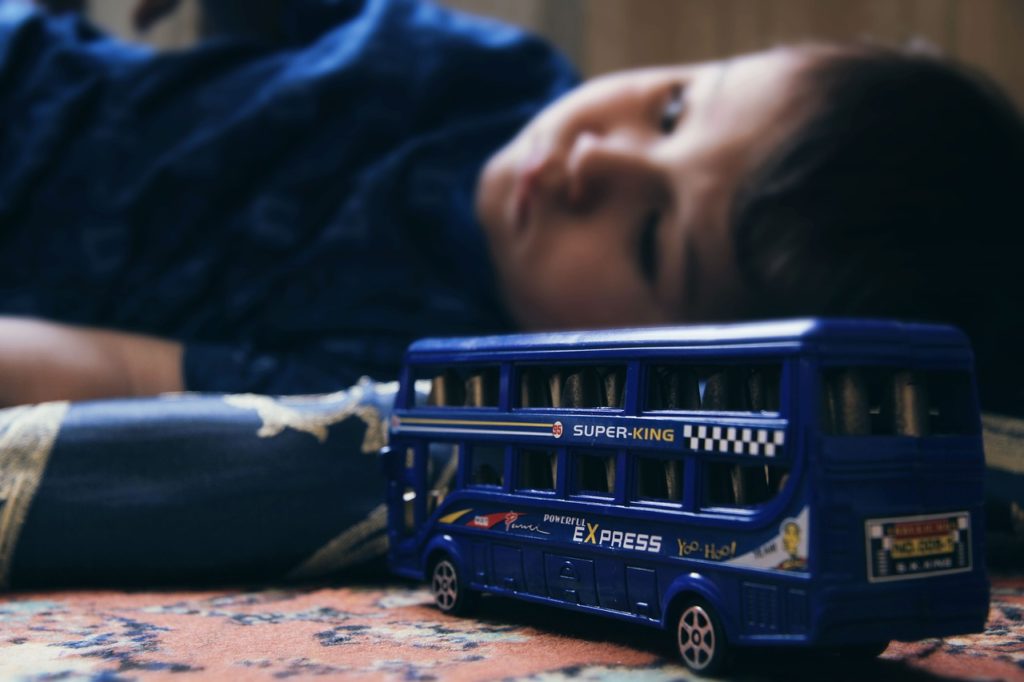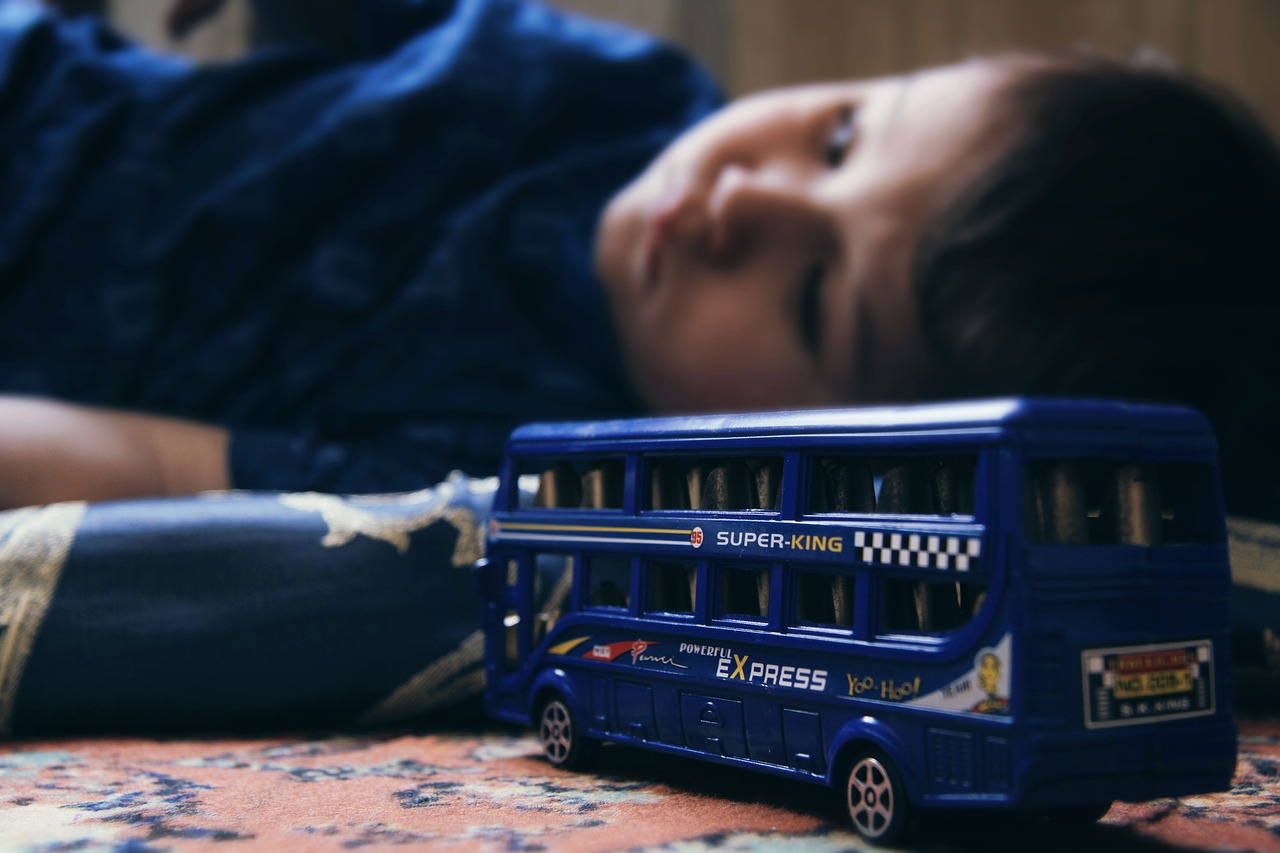Ways to Help Your Child Cope with the Death of Someone They Love
September 8, 2017

Whether they’re dealing with the death of a beloved grandparent or other loved one or even the family pet, helping children learn to handle grief and loss can be one of the most difficult life lessons for parents to teach their children. Here’s a guest blog written by Jenny Wise, who writes the blog, Special Home Educator.

As children, our concept of death is not yet fully formed. As such, the death of a loved one can be an incredibly confusing and painful time. While their grief may or may not follow the same general structure as yours, there are ways – specific to younger minds – to help them better cope.
Be direct and honest with them
You may think you’re helping your child deal with their loss by trying to sugarcoat the situation and using euphemistic phrases to explain complicated subjects. As Childmind.org notes, kids are very literal in their thinking – much more so than adults. That’s why phrases like they passed on, they went to sleep for a while, they’re going to be gone for a long time, or you’ll see them again someday can be confusing and even scary for children. Be direct. Depending on the age of your child, they may know that death is a thing but have trouble conceptualizing its finality. It helps to explain this in simple, easy-to-understand terms.
Be patient with physical manifestations of grief
Kids often don’t grieve the same way adults do. Children are more prone to act out, physically, to express their emotions. They may cry one moment, seem completely normal the next, and then exhibit destructive behavior later on. You should not encourage bad behavior, but you should be wary of punishing them for acting out. You want them to know that it’s ok to grieve, but within reason. Encourage them to talk to you about what they’re feeling whenever they feel like throwing something, breaking something, or acting in an aggressive manner.
Help them create a ritual
As adults, we’re familiar with the concept of ritual as a way to help us deal with loss. This is reflected in church services, funerals, and burial ceremonies. Parents.com suggests that kids can benefit from their own rituals to deal with the death of a loved one. Suggestions include planting a tree for their loved one, lighting candles, creating a song, and taking over a collection from the deceased.
Separate their feelings of grief from any feelings of guilt
Letting your child display a wide range of emotions associated with grief is healthy – sadness, anger, denial, etc. But one thing you should nip in the bud are any feelings of guilt associated with their loved one’s death.
“It’s easy for them to flash to an angry memory where they shouted an angry thought or ‘wish,’ and come to the conclusion that they have actually caused the condition,” notes NeptuneSociety.com.
Children can convince themselves that they somehow caused a loved one’s death or the events that led to it because of bad behavior toward them, or because they don’t understand that everyone has bad thoughts about those we love and they don’t mean we don’t love them. Make sure your child knows that the death was in no way their fault.
Employ distractions whenever possible
While you don’t want to be emotionally unavailable or dodge your child’s questions, it’s ok to employ distractions when possible. If your child is fixated on the death and cannot seem to shake it – no matter how much you’ve discussed it, try to redirect their attention to something unrelated. Offer to play a game, go see a movie, ask them to help you with a chore, etc.
It’s important to know that your child’s grief may seem strange to you, and it may not follow patterns that you’ve come to associate with adult grief. But by being direct and honest with them, patient with their manifestations of grief, and making sure they don’t feel guilt alongside their grief, you can better help your child cope with this difficult life experience.
Jenny Wise enjoys providing advice to parents who are considering homeschooling their kids.


